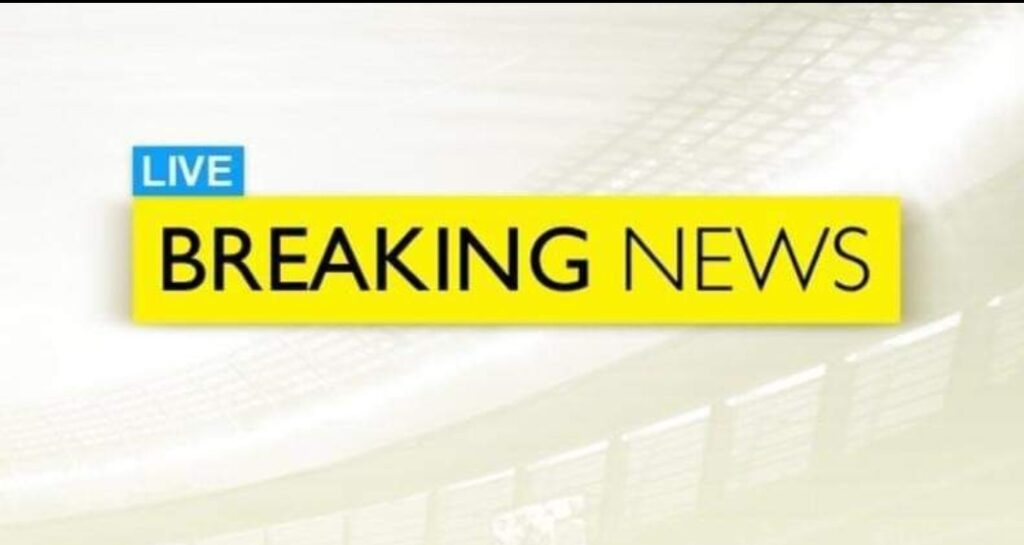The prospective exclusion of Manchester United from European competition next season is a topic generating significant buzz within football circles. The catalyst for this speculation stems from the recent acquisition of a substantial stake in the club by Sir Jim Ratcliffe, a prominent 71-year-old entrepreneur, and his INEOS Group. After months of conjecture, the deal was officially confirmed by Manchester United in December, marking a significant milestone in the club’s ownership landscape.
Ratcliffe’s acquisition saw INEOS Group secure a 27.7% share in Manchester United, following a hefty investment totaling close to £1 billion. With plans to increase this stake to approximately 30% after an additional payment of £238 million, the influence of INEOS within the club’s hierarchy is poised to expand significantly. This newfound ownership structure has raised eyebrows, particularly in light of INEOS’s ownership of another prominent football club, OGC Nice, currently competing in France’s top-tier league, Ligue 1.
The overlap in ownership between Manchester United and OGC Nice has prompted speculation regarding the potential ramifications for both clubs’ participation in European competitions sanctioned by UEFA. UEFA, the governing body of European football, has historically maintained stringent regulations aimed at preserving the integrity and competitiveness of its competitions. One such regulation explicitly prohibits teams owned by the same entity from participating in the same competition.
In response to inquiries, a UEFA insider provided confirmation to SunSport, a renowned sports news outlet, regarding the aforementioned regulation. The declaration from UEFA underscores the organization’s commitment to upholding fair play and preventing conflicts of interest that could compromise the integrity of European football competitions. Consequently, the presence of common ownership between Manchester United and OGC Nice presents a significant obstacle to both clubs’ aspirations of competing in European tournaments simultaneously.
However, UEFA’s regulations do allow for the possibility of clubs owned by the same entity to participate in separate competitions. This nuanced distinction offers a glimmer of hope for Manchester United and OGC Nice, suggesting that while they may be ineligible to compete in the same league, they could still pursue participation in distinct tournaments. This could potentially mitigate the impact of the ownership overlap on the clubs’ European ambitions, albeit with certain logistical and strategic considerations to navigate.
For Manchester United, the prospect of being excluded from European competition raises myriad implications, both sporting and financial. European tournaments, such as the UEFA Champions League and UEFA Europa League, offer not only prestige and glory but also lucrative financial rewards and exposure on a global stage. The absence of such opportunities could hamper the club’s ability to attract top talent, secure sponsorship deals, and maintain its status as one of the world’s most iconic football institutions.
Moreover, the potential exclusion from European competition could have broader repercussions for Manchester United’s competitive standing domestically and internationally. Participation in European tournaments often serves as a benchmark for a club’s competitiveness and ambition, influencing factors such as recruitment, fan engagement, and commercial appeal. As such, any limitations imposed on Manchester United’s European endeavors could reverberate throughout the footballing landscape, impacting stakeholders ranging from players and managers to sponsors and supporters.
